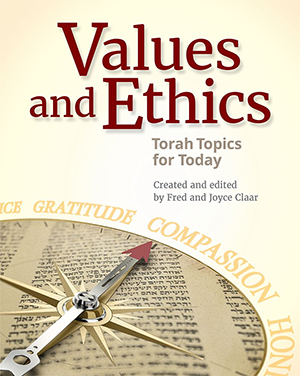TAZRIA —
Just as the world was created through language in Genesis, we all create our personal worlds every day through speech. We can both create and destroy with words. We can hurt other people through speaking negatively about them. Speaking about people behind their back, we can harm reputations, and thereby even harm friendships and business. Reputation in our very social and interdependent world is at the heart of one’s status both personally and professionally.
Jewish tradition is particularly sensitive to the power of speech and how it can be damaging. Our Torah portion this week addresses the consequences caused by speaking negatively about others, an act that is called Lashon Hara or Evil Talk. It includes slander, gossip, and other kinds of destructive language.
The first place to practice not engaging in Evil Talk is in the family. Think for a moment: how do siblings talk about one another? How does the family engage in talking about neighbors? Within our families we may see this kind of speech as internal and therefore harmless. However, how families speak about one another creates a model for how children will speak outside of the home about their friends. The less parents permit and model this kind of negative speech, the less likely children will use it on their own.
TALK TO YOUR KIDS about the Jewish prohibition of Lashon Hara or Evil Talk and explain the negative consequences of this behavior.
CONNECT TO THEIR LIVES:
- Why do you think it might be important not to say negative things about others?
- How do you feel when you find out someone has said something negative about you?
- Why do you think people like to gossip and find it so appealing?
- What might help you to engage in it less?
By Rabbi Dianne Cohler-Esses
Values & Ethics—Through a Jewish Lens is created by Fred and Joyce Claar to bring the wisdom of Judaism into family discussions.






